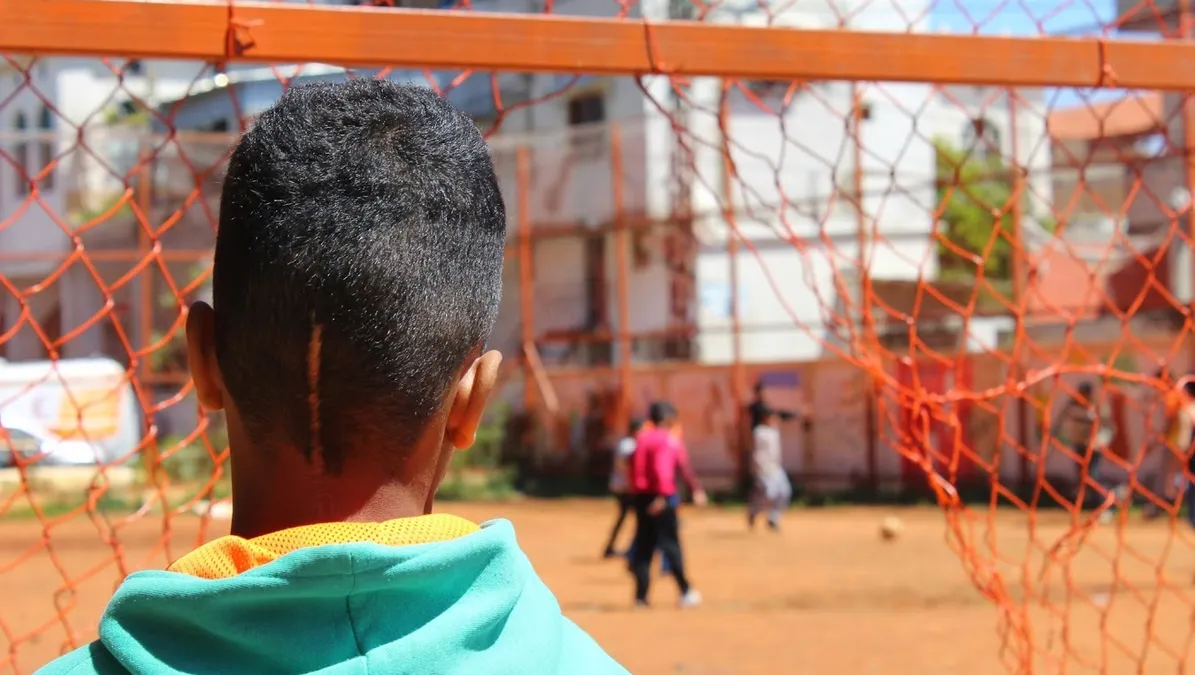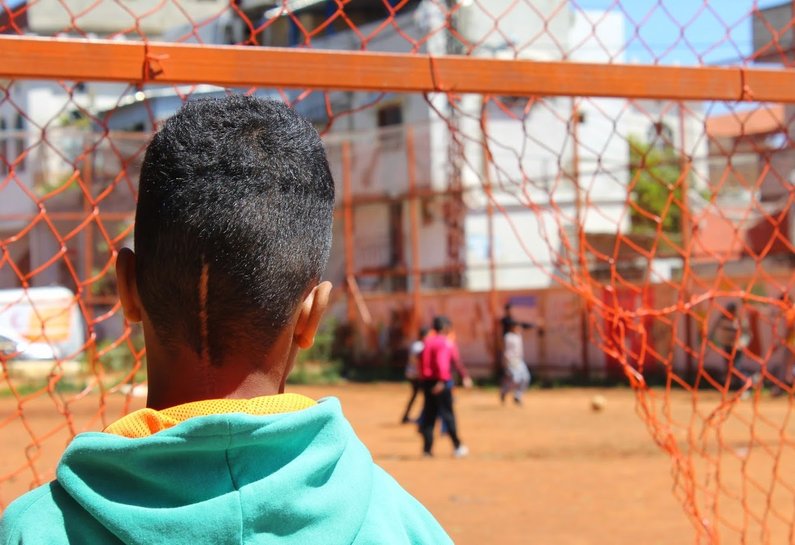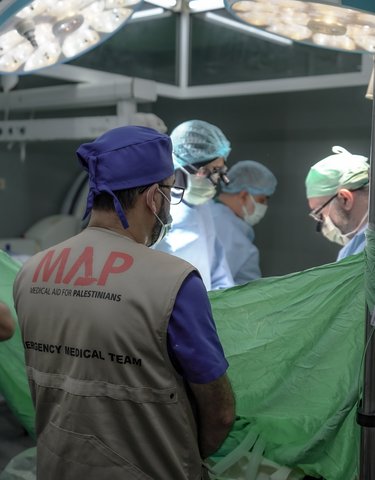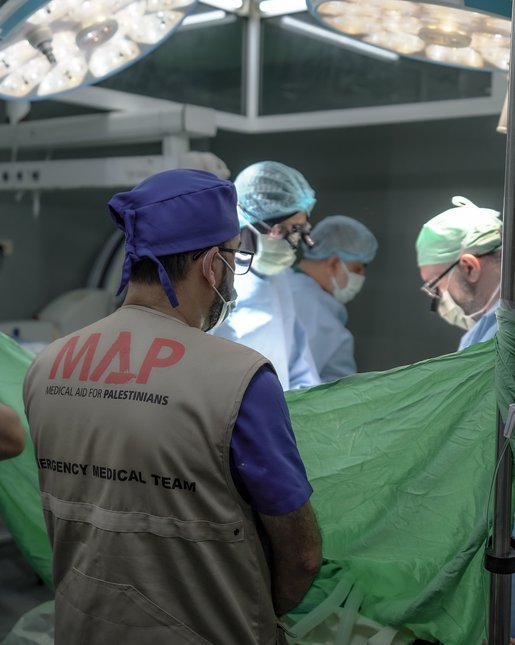Palestinian youth working together to tackle bullying in Lebanon’s refugee camps
20 November 2020


By Wafa Dakwar, Medical Aid for Palestinians' (MAP’s) Senior Programme Officer in Lebanon
High rates of bullying have been documented in the long-marginalised and impoverished Palestinian refugee community in Lebanon. A study by Save the Children in 2018 reported higher rates of bullying among Palestinian refugee children in Lebanon (58%) compared to children in the Lebanese host community (50%) and Syrian refugee communities (51%). A Global School-Based Student Health survey administered in UNRWA schools, where most Palestinian refugees in Lebanon receive their education, identified similar rates of bullying and uncovered a pervasive lack of awareness about its harmful consequences. This was attributed to the challenging environment of the refugee camps, where frequent exposure to violence has inured many children to bullying, with some coming to perceive as acceptable those acts where no physical injury is caused.
The MAP-supported Adolescent Health and Life-Skills Education project, implemented in partnership with local organisation Beit Atfal Assomoud, has been working across all Palestinian refugee camps in Lebanon to address this serious issue. A team of adolescent boys and girls organise weekly peer education sessions to help raise awareness about bullying and other issues affecting their lives, and to develop empathy and other key skills to address these problems. The sessions are interactive, with key messages on how to respond to bullying and seek help are conveyed through role play, theatre and games.
One participant, after attending a peer education session on bullying, reflected to MAP: “I’m glad that we talked about this topic. Sometimes we bully others without noticing. When something upsets me, I often take it out on my younger sister. Now I know how she feels.”
As stopping bullying requires understanding and action beyond just the classroom or the playground – including families and the wider community – the project also organises similar workshops and events for parents and other community members.
Following the outbreak of COVID-19 in Lebanon, the peer educators have been conducting virtual sessions and posting on social media short and engaging videos about the topics discussed in the project. Their recent video on bullying depicts a classroom with students mocking their classmate for stuttering when the teacher asked him to read aloud. The teacher explains to them what bulling is and highlights that what they are doing is considered a form of bullying. The video explores the impact of bullying on the student, including the issue of school drop-out. Peer educator Mohamad helped to design and deliver this video, and told MAP:
“Following the outbreak of coronavirus, we stopped conducting sessions in the centre and started doing online activities instead. We [peer educators] produced a short video about bullying where we gave the key messages in an interesting and engaging way. We posted it on the project’s Facebook page, and received great feedback.”
To hear more from Mohamad about his experience volunteering in the project, the impact of COVID-19 on youth in his community, and how he and the team are helping young Palestinian refugees to cope with these new challenges click here.
Please donate today, to help MAP continue supporting young Palestinian refugees amid the coronavirus pandemic:

